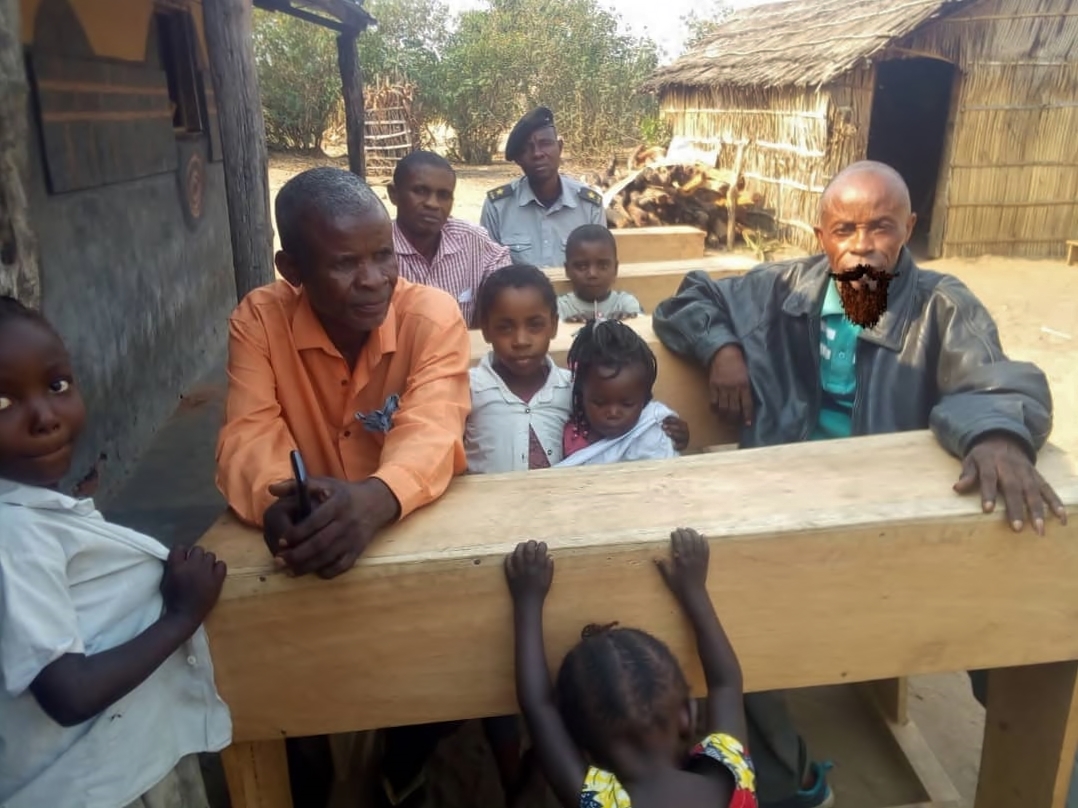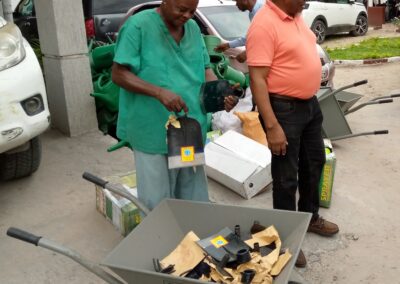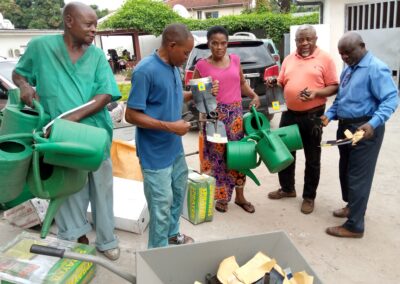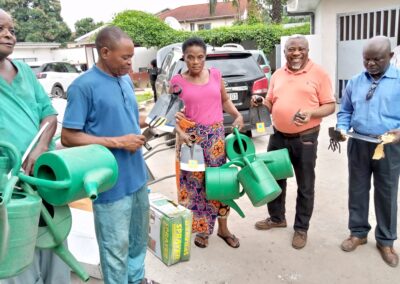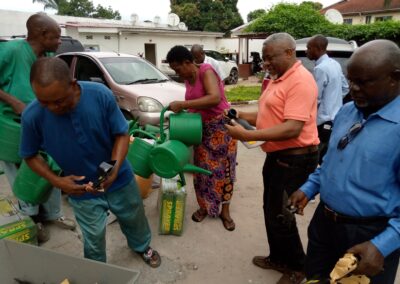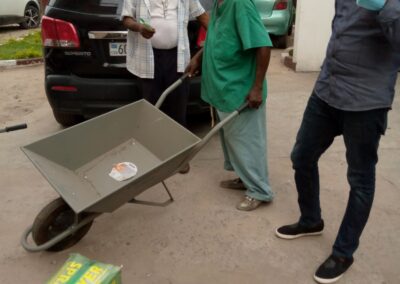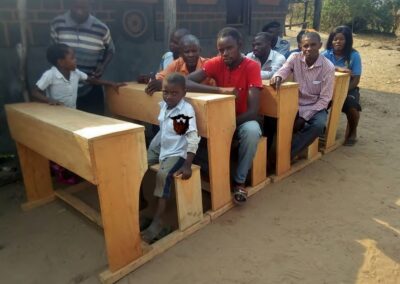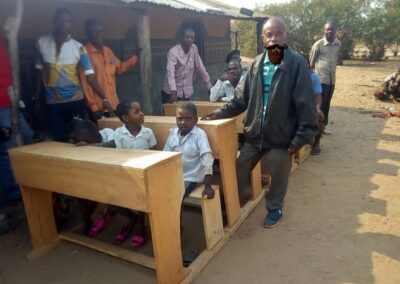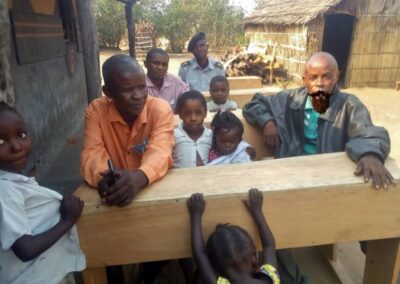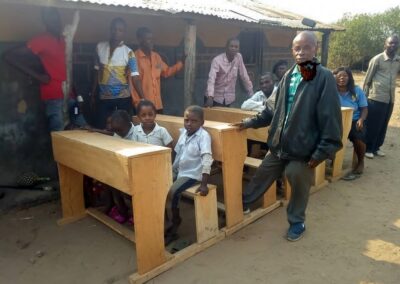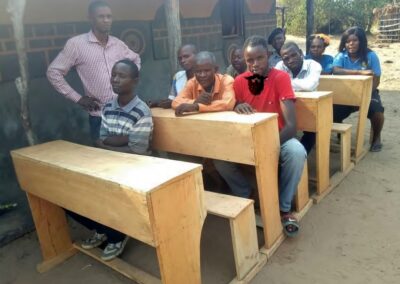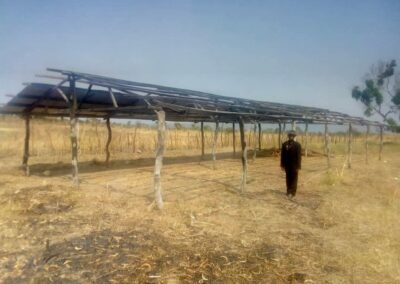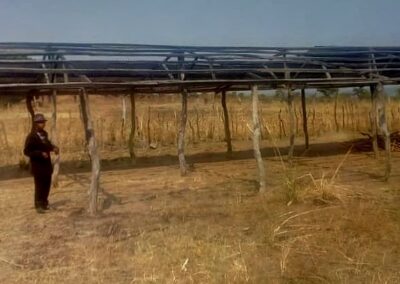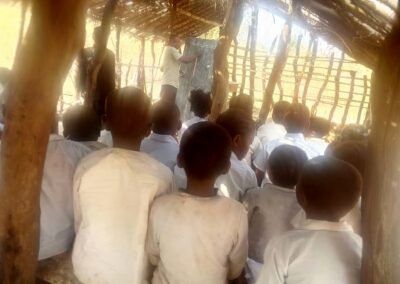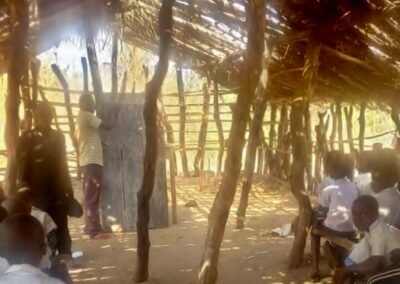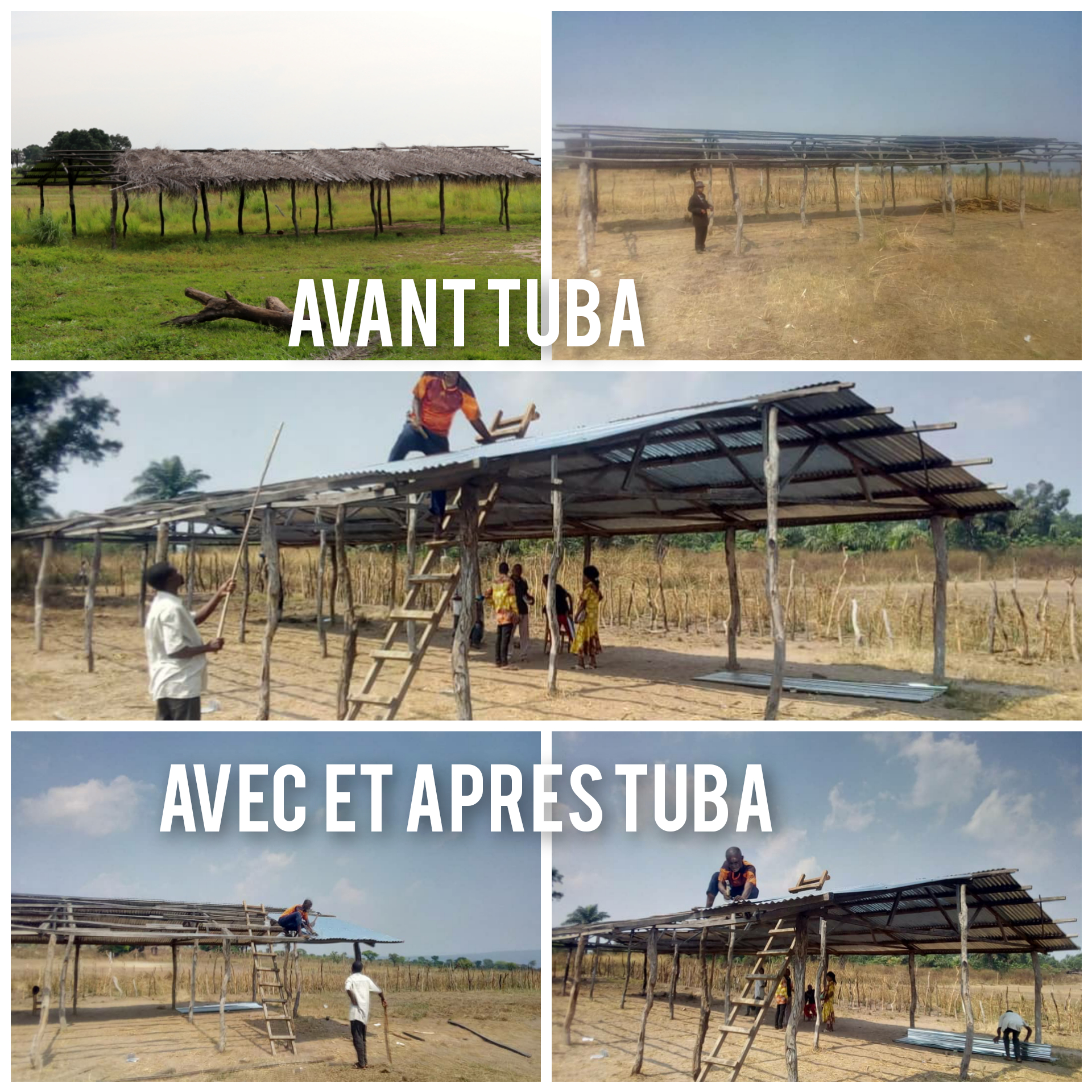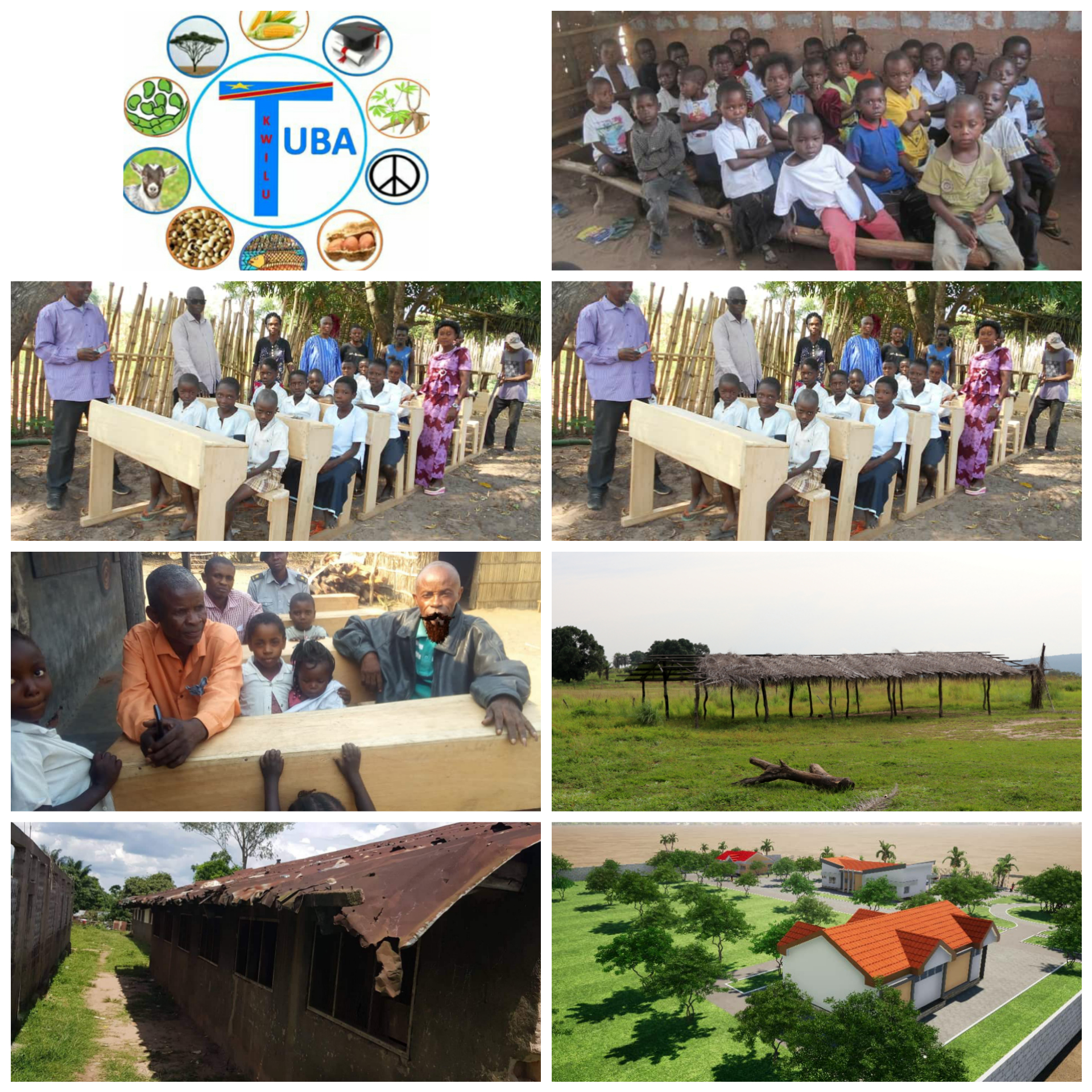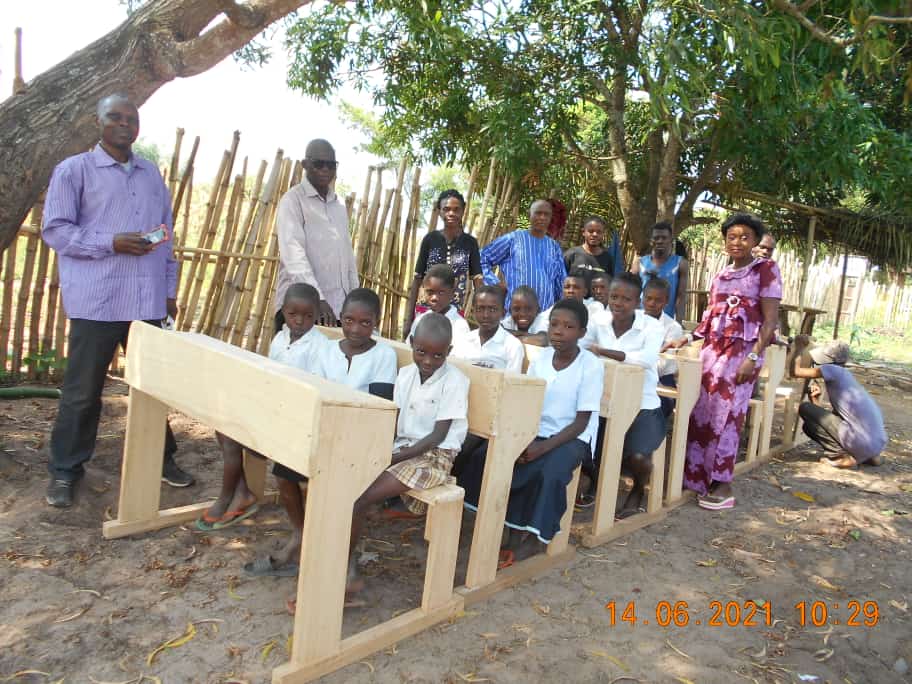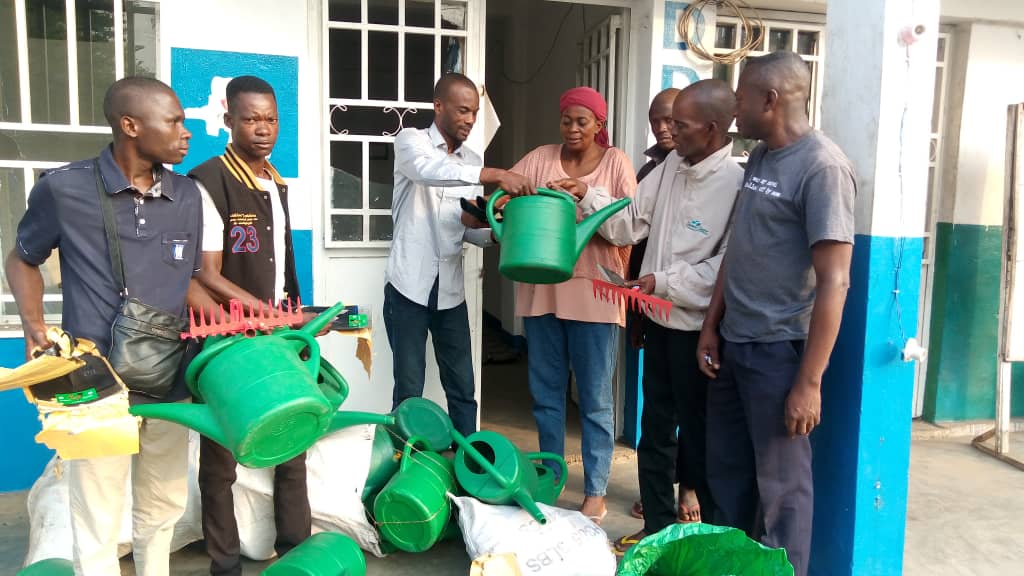L’ humilité la justice et la sagesse pour une Societe justpaix
Avoir l’humilité, la justice et la sagesse dans la vie est important pour plusieurs raisons :
- **L’humilité favorise les relations harmonieuses** : Être humble signifie reconnaître ses propres limites et ne pas se vanter. Cela favorise des relations interpersonnelles plus harmonieuses, car l’humilité permet d’écouter les autres, d’admettre ses erreurs et de favoriser la compréhension mutuelle.
- **La justice crée l’équité** : La justice implique de traiter les gens de manière équitable, en fonction de critères éthiques et moraux. Cela contribue à réduire les inégalités, à promouvoir les droits de l’homme et à maintenir la cohésion sociale.
- **La sagesse guide les choix éclairés** : La sagesse est essentielle pour prendre des décisions judicieuses dans la vie. Elle permet d’évaluer les conséquences à long terme de nos actions et de choisir ce qui est le mieux pour soi-même et pour les autres.
- **Vivre une vie éthique** : L’humilité, la justice et la sagesse sont des composantes importantes de la moralité et de l’éthique. Elles contribuent à une vie éthique en favorisant le respect des autres, l’équité et la prise de décisions réfléchies.
- **Le bien-être personnel** : Cultiver ces qualités peut contribuer au bien-être personnel. L’humilité peut réduire le stress lié à la compétition et à l’ego. La justice peut apporter un sentiment de satisfaction morale, et la sagesse peut aider à éviter des choix dommageables.
En somme, avoir de l’humilité, de la justice et de la sagesse dans la vie peut contribuer à une vie plus équilibrée, éthique et épanouissante, tant sur le plan personnel que dans nos interactions avec les autres et la société en général.

